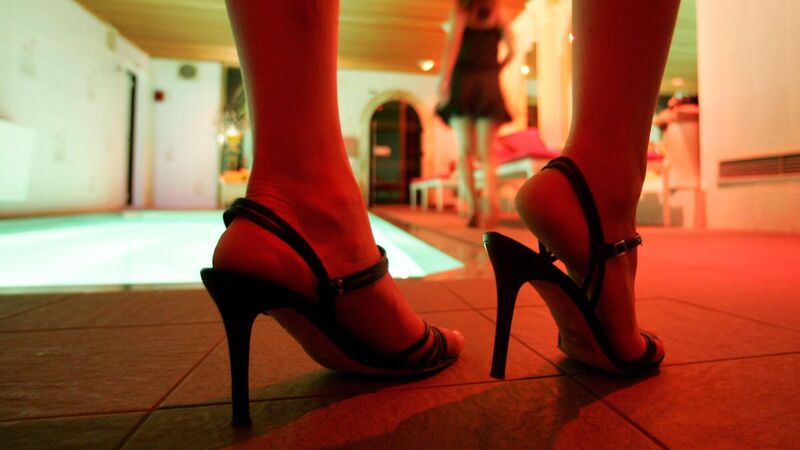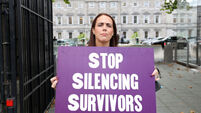New government has 100 days to put pimps out of business

More than 1,000 women and girls advertised for prostitution online are being moved from brothel to brothel right across the island of Ireland in co-ordinated operations designed to meet the demands of sex buyers. Picture: Andreas Rentz/Getty Images
While there have been many positive steps taken by the outgoing Government, including the official recognition of prostitution as gender-based violence, the harsh reality is those behind the billion euro online commercial sex trade are constantly evading justice.
They do so by staying one step ahead of our laws, changing the ways and means they use to carry out their crimes, often using borders and technology to avoid detection.
















